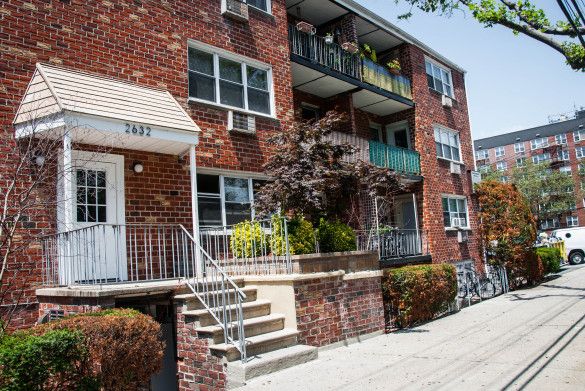State Pulls Plug On East 21st Street Rehab Center

The state agency charged with approving drug and alcohol rehabilitation centers has reversed course, choosing to reject a controversial clinic slated for East 21st Street after initially allowing the project to go forward.
The Office of Alcoholism and Substance Abuse Services (OASAS) on Friday officially denied First Steps to Recovery permission to move from its current Brighton Beach facility to an expanded location in a residential building at 2632 East 21st Street.
Assemblyman Steven Cymbrowitz, chairman of the Assembly’s Committee on Alcoholism and Drug Abuse, called the move a “bold and unusual” step for the agency, and declared it a victory for the community.
Cymbrowitz, along with Community Board 15 Chairperson Theresa Scavo and neighbors of the building, led the fight against the state after they initially shrugged off responsibility to the city’s Department of Health. Cymbrowitz agreed with neighbors that a residential building on a narrow residential street was no place for an alcoholic rehabilitation center like First Steps to Recovery.
“The location was completely unacceptable,” Assemblyman Cymbrowitz said in a press release. “This wasn’t a case of NIMBY [Not In My Back Yard]. The same night CB 15 rejected this proposal they approved another treatment center elsewhere.”
The owners of the clinic first approached Community Board 15 in November, under the instruction of OASAS to gain approval. The Board denied the facility on the grounds that it was an inappropriate location. However, Scavo also took issue with the owner’s behavior, which she considered rude – for which the owner has shot back, claiming discrimination.
The Board’s verdict was sent to Albany, but OASAS left the decision up to the city’s Department of Health – which never consulted the Board. Without notification to the Board or elected officials, the DOH granted temporary permits, and First Steps began renovating the new location.
Neighbors were the first to sound the alarm, which channeled back up through Scavo and Cymbrowitz, and on to Albany, ultimately leading OASAS to reverse the DOH’s decision, and leaving Cymbrowitz promising legislative changes to how such facilities win approval.
He is working on a bill that would mandate the New York City Health Department to take community objections into consideration when evaluating sites for outpatient substance abuse facilities.




